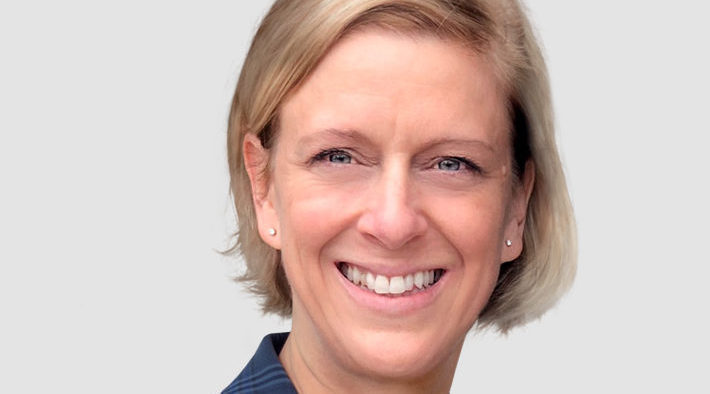By Laura Lynott, Senior Correspondent
LEADING Canadian financial intelligence CEO Sarah Paquet told Women in FinCrime Summit this week that the AML “fight” has to be about helping “victims” of crime.
Ms Paquet, director and CEO of the Financial Transactions and Reports Analysis Centre (FINTRAC) said that thus far the AML /CFT industry was not winning the battle and financial institutions had to “do their job too” in “challenging and reporting entities.”
The only way to win against bad actors was, Ms Paquet said, to use “real-time” reporting and that included with the assistance of law enforcement.
“We are not winning this fight and it’s all about the victims,” Ms Paquet said. “It’s working together and collaborating on how we find the best solutions.
“We want reporting entities to report and (to help us) to do our work. I’m not happy when I go out and give (institutions) big fines.
“But if we see systemic errors or a report that’s not been filed, that has caused great harm to our society and we need to act. They understand that as well.”
The CEO is responsible for the detection, prevention and deterrence of money laundering. She also works on anti terrorism and on making Canada a more secure country.
With an impressive CV, having previously worked for the Canadian Government, providing a legal service to the state, she is also the chair of Egmont Information Exchange Working Group.
That body is focused on bolstering information sharing across the globe’s financial intelligence units.
“I was meeting with the boards of big banks last week,” Ms Paquet told the summit.
“For me, I come from the victim’s side. I want to save as many from being exploited as I can.
“I was telling the boards ‘It’s your moral and social duty, it’s an investment, it’s an obligation to deliver on your AML.’
For some institutions, however, it was apparent that the victims were not at the heart of AML work and that needed to change.
It was beyond time that all institutions and firms adopted stringent AML, she explained, to protect victims of crime but also to protect their entities.
“Criminals won’t discriminate where they come into your institution,” she said. “Cyber fraud, operations risk, they don’t care if it’s AML or another way.
“When the criminals are in your system, your are at risk. So, if you are not doing it for society, do it for your institution.
“Invest (in AML) because it’s the right thing to do. But if you’re not reporting AML you are exposed as an institution.”
However, as all women leaders who participated in the event explained, there is a problem with gender equality within AML/CFT.
And the field was missing out on a myriad of valuable experience as a result. This was something that had to change but the situation ws now so critical, women had to actually take action, she felt.
Though she said Canada was an democratic and accepting country, her experience had been similar to many women’s in business.
“I still have to take my place in boardrooms,” the CEO said. “If I don’t take the space, they won’t give it to me. They (men) are too comfortable with each other.
“It doesn’t matter where you are on the planet, it’s important for you to take your place and say there’s room at the table.
“Having diverse views helps us get through the problem. If we all think the same, we have a lot of blind spots.”
She encouraged women from different backgrounds to enter into AML-CTF and to make sure their voices were heard.
“In AML we need people who are curious,” she said. And that meant it did not matter if a woman had a law degree or they came from an unrelated background.
Those from different careers could only help transform the “same old same old,” she added.
“If you want to find solutions, you have a future in financial crime,” she finished.
The summit made it clear, a campaign for gender equality within the industry is well underway.











